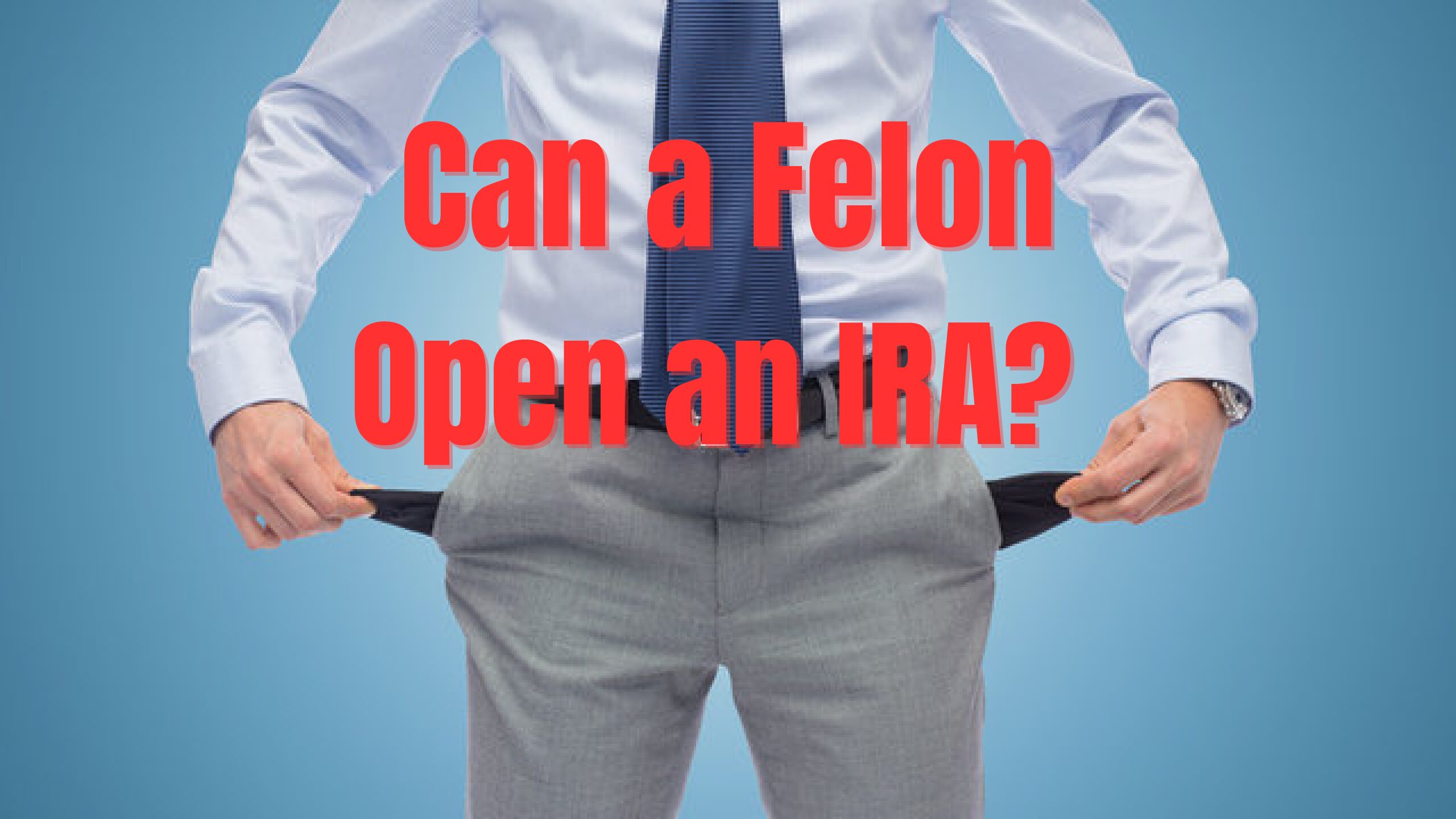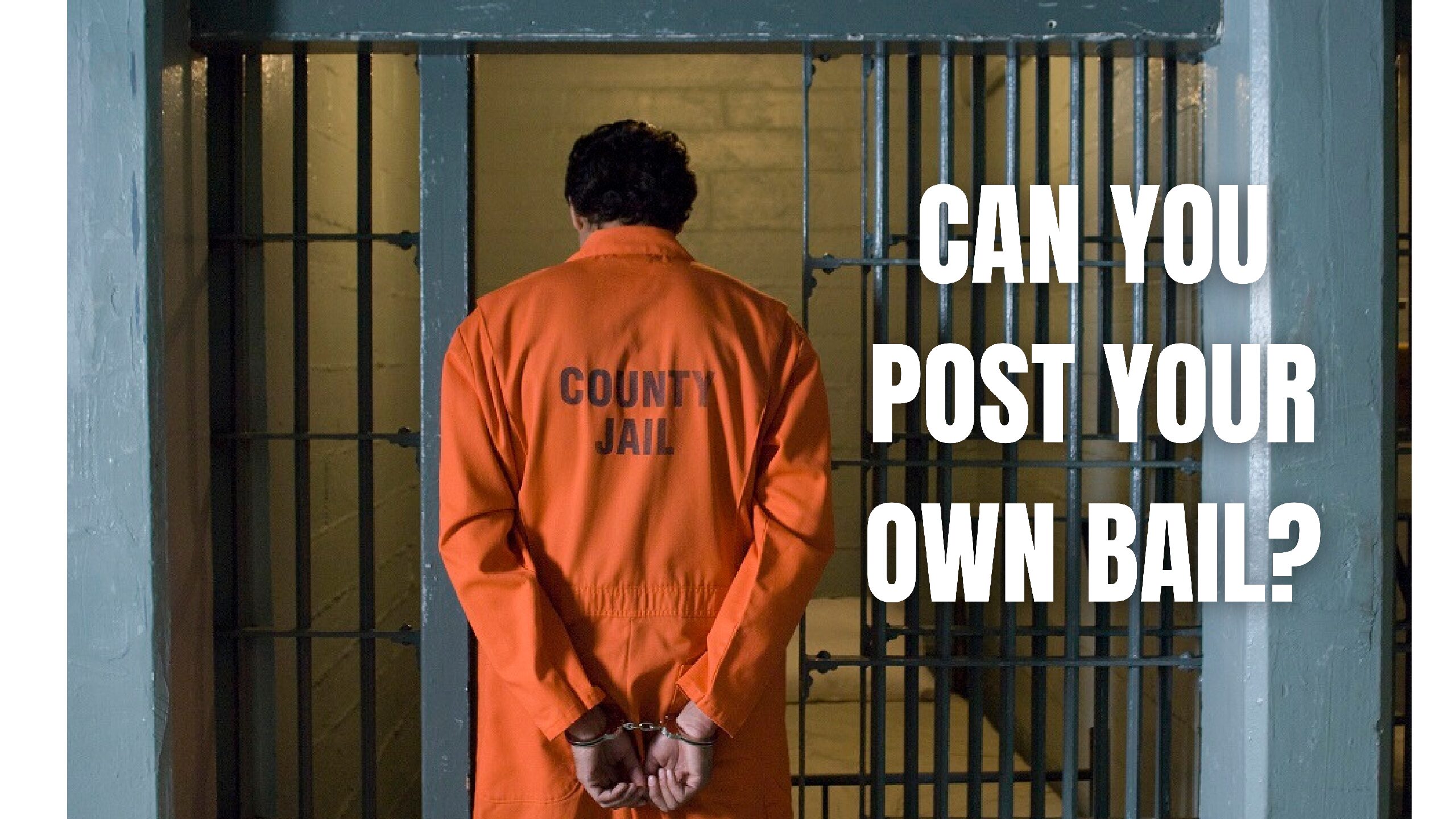WHAT IS A DEBTORS’ PRISON?
Every day, countless people go to jail because they fail to pay their court ordered debts. Not helping matters is the attempted need of the government to supplement funding by charging excessive costs to people convicted of crimes, including fees for public defenders, prosecutors, court administration, jail operation, and supervision (probation). Unfortunately, this burden seems to fall heavily on those who are in no position to absorb all these expenses.
Courts across the country have used aggressive tactics to collect these unpaid fines and fees, ordering the arrest and jailing of people who fall behind on their payments, making one beg the question… are we back to living in medieval times?
What is a debtors’ prison?
A debtors’ prison is the incarceration of an individual based on the inability to pay a debt. Although the United States formally abolished this practice back in 1833, the rise in modern-day imprisonment of indigent (poor) criminal defendants relating to the failure to pay down legal debts accrued, contradict any act that was previously banned.
The system of throwing people in jail due to not paying their debts is not anything new. It dates back to the late 1600’s, where the first origins of a debtors’ prison modeled the English system, entailing both men and women locked up in a single, large cell until their families paid off their debts.

More often than not, families would not be able to accomplish this, resulting in the imprisoned having to work off their obligations by means of hard manual labor to cover both the cost of incarceration and their accrued debt.
In theory, destitute people who could not pay small court-ordered costs and fines would languish in these prisons, where ironically their debts would actually increase while incarcerated, with some spending years or even decades in jail, not being freed until payment was rendered.
In the 18th and 19th centuries, a number of laws were passed that did enable a proportion of debtors to be released if they fulfilled certain conditions.
Are debtors’ prisons still allowed?
Imprisonment for indebtedness was a commonplace thing at one point in time, but debtors’ prisons were outlawed in the United States nearly 200 years ago, and more than 30 years ago, the U.S. Supreme Court made it clear that Judges cannot send people to jail just because they are too poor to pay their court fines.
That ruling held that a judge must first consider whether a defendant has the means and ability to pay -but “willfully” refuses before imprisonment could be implemented. Put another way, is the defendant unable to pay / or simply unwilling to pay court costs, as there is a difference between the two.
Therein, it is up to the court to assess these types of situations, obviously coming at the risk for a mistake to occur. Life is already difficult for someone with a felony, but imagine how confusing and stressful this may be when struggling to stay afloat, with the looming threat of being jailed all due to being poor.
Is this all legal?
Sadly, yes, it is. As ambiguous as the law is, it clearly helps perpetuate the problem. The routine jailing of people who owe debt is legally justified by the legal fiction that the incarceration is not for the debt, but rather for not obeying a court order to pay the debt.
Judges may incarcerate debtors who fail to show up at debt-related proceedings, as the crime is not the failure to pay, but rather “failing to appear in court”, or by disobeying the court mandated order, you now find yourself in violation and in “contempt of court”.
How do you get out of debtor’s prison?
Debtors prison did not operate like normal prisons, nor were the debtors like modern prisoners who serve fixed sentences. In many cases, they could only secure release when they had paid their debt or reached an agreement with the creditor. But with the advent of bankruptcy laws, individuals were given a way out and absolved of what would be insurmountable debts, when not having the means in order to repay it.
Understand, that there are different types of debt, such as credit card debt versus that of criminal justice debt, however, current Federal law limits through the Fair Debt Collection Practices Act, the methods that collectors can legally use to obtain payment from consumers.
In addition, debt collections are prohibited from harassing individuals for payment by calling repeatedly, during the late night or early morning hours, or even calling at work after being informed that your employer does not approve of the calls.
In addition to bills from creditors, another important thing to look out for is a summons, which is the court’s way of notifying you that the creditor is suing you, and that you are to appear in court on a certain date to discuss the matter. Although a summons does require you to go to court, it does not mean that you are being charged with a crime.
In the case of someone facing inability to pay criminal justice related debt, a hearing is scheduled where the court will analyze the current ability of an individual to pay the costs associated with the debt.
Judges say it is very difficult to determine who can and cannot afford to pay their fines and fees, with a probation officer or a court official generally brought in to assist and make a recommendation based on interviews, reports, and/or documentation of the individual in question. In practice, there is different criteria for deciphering whether a debtor is “indigent.”
Conclusion
Quite misleading to think this practice has been banned, but the American tradition of debtors’ imprisonment due to criminal justice costs seems to be alive and well.
Due to this, a growing number of experts and law professionals all seem to agree that fines and other criminal justice debt are trapping people who are unable to pay and placing them in a cycle of poverty. Times have certainly changed, but in no way should anyone be jail or imprisoned due to the crime of their indigence.
If you do happen to find yourself in a similar situation where you are unable to pay your debts, know that you do have rights and should seek counsel to know what options you may have to resolve the matter.
–The Educated Felon
Check out these other articles for more on this subject…







